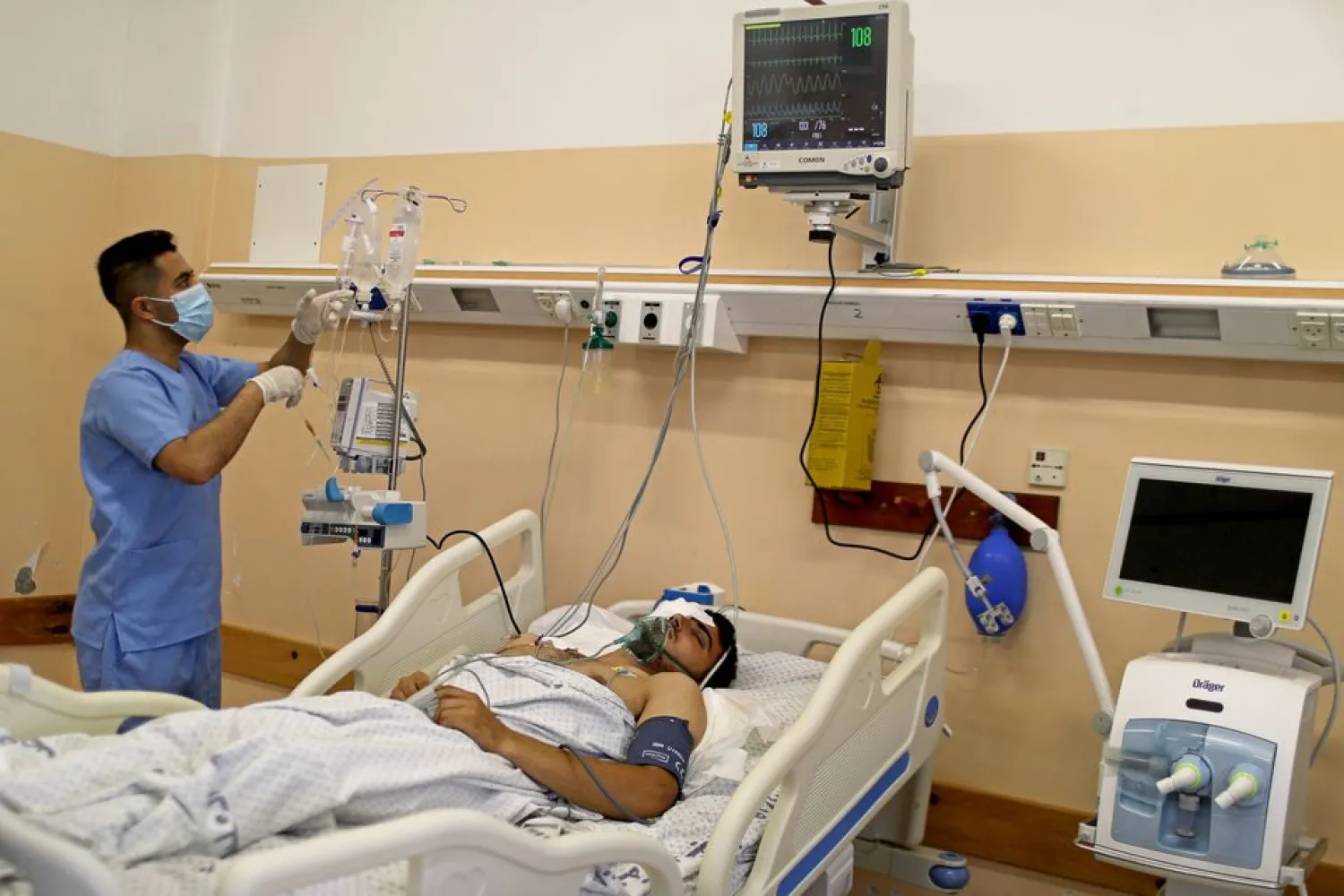The Palestinian Center for Human Rights (PCHR) published a new report that underlined that the Israeli authorities’ restrictions on travel of Gaza Strip patients have caused the death of seven patients and obstructed the travel of 5,000 to receive treatment.
The report underscores that from 2008 to 2021, the Israeli occupation authorities obstructed the travel of 73,955 patients referred for treatment at the hospitals in the West Bank, including occupied Jerusalem, or Israel.
This number is out of the 204,086 permit requests for treatment (i.e., 36.2 percent of the total requests.)
According to the report, since the beginning of 2021 until 31 August 2022, the Israeli authorities have obstructed the travel of 5,001 out of 13,270 patients (i.e., 37.6 percent out of the total requests) who applied for travel permits for treatment at the hospitals in the West Bank, including occupied Jerusalem, or Israel.
The report titled as “Medical Treatment Request Under Study” sheds light on the suffering of Gaza Strip patients due to the Israeli restrictions on their travel for treatment abroad.
It lays out the Israeli occupation authorities’ violations of international humanitarian law and disavowal of their obligations to guarantee the Gaza Strip patients’ right to freedom of movement and secure access to health services as well as their right to travel for treatment of their serious diseases, which is not available in the Gaza Strip’s hospitals.
The Israeli restrictions on travel of the Strip’s patients is one of the most crucial obstacles that deny their access to proper treatment and adequate medical care.
The report highlights the impact of the ongoing Israeli-imposed closure on the Gaza Strip for 16 years and its implications on the frail healthcare system and its facilities in the Strip through rendering it incapable of providing treatment services for the serious diseases and thereby forcing it to refer patients for treatment abroad.
Based on patients’ testimonies to PCHR’s researchers, the Israeli obstacles have taken different forms, including depriving patients of treatment abroad without clarifying reasons “under study”, and denying patients travel for treatment under the pretext that it is available in the Gaza Strip or by claiming that their disease do not pose threat to their lives.
Other forms are depriving patients of travel for having a related family member in violation of Israeli laws, preventing donors from traveling with patients for organ donation and transplantation and saving the patients’ lives, delaying responses to patients making them miss their pre-set hospital appointments.
All these obstacles have led to deterioration of their health conditions and putting their life at serious risk that would cause the death of some of them.
This is not the first report to monitor the sufferings of Gaza patients.
The Physicians for Human Rights–Israel appealed last month to the Supreme Court of Israel to allow parents in Gaza to accompany their children during their travel to receive treatment in Israeli or Palestinian hospitals in the West Bank and Jerusalem.
In 2021, the rejection rate of such requests jumped to 32 percent, as the occupation authorities rejected 812 requests out of 2,578 requests submitted. In 2020, 17 percent of minors’ requests to leave the Gaza Strip were rejected for the purpose of receiving medical care not available in the Strip (347 out of 2,070 requests).
In its recommendations in the report, PCHR demands the international community exert pressure on Israel to fulfil its duties as an occupying power under the international humanitarian law.
Moreover, PCHR urges the High Contracting Parties to observe the Israeli authorities’ obligations codified in the concluding observations by the Committee on Economic, Social and Cultural Rights, which call for adherence to the basic rules and principles approved by the United Nations; most significantly the right to enjoy the highest attainable standard of health.









